Despite esports and gaming events slowly returning to in-person gatherings after more than a year away due to the COVID-19 pandemic, the expansion of online play and various alternatives to physical competitions aren’t just going to go away.
Even beyond competition, playing games with friends became dependent on those titles having online modes. And if the online infrastructure for a game isn’t good or, in the case of older titles, doesn’t exist, that would lead to connection issues, poor performance, or an inability to enjoy a game.
As the pandemic went on, players started looking for alternative ways to enjoy their favorite games online, and Parsec provided them a fantastic option, specifically for the fighting game community (FGC), thanks to its low-input latency tech. The software, which is described as a desktop-capturing application, allows anyone to stream video game footage through an internet connection, hosting the game and allowing it to be played remotely through another device.
For Parsec’s head of brand Max Sebela and the team, this movement came right as it was expanding its own operations with game developers, publishers, and businesses. Heading into a summer full of online and offline events, Sebela spoke to Dot Esports about how players for games like Marvel vs. Capcom, Samurai Shodown, and more have and will continue to use Parsec as a core part of their communities.
With everything that happened related to Parsec during the pandemic, what gaming communities rallied the hardest around the software and what it could do for them?
Sebela: At the time, when everything started kicking off, I was leading marketing and we were in the middle of a big push that saw us working with a lot of actual game developers and publishers on their remote operations. Then, all of a sudden, on Twitter and other socials, a ton of familiar faces in the FGC started showing up on the timeline regularly with exhibition matches on Twitch and such.
Ultimate Marvel vs. Capcom 3 and Samurai Shodown pop to mind immediately, and I think that makes sense because games like SamSho and Soulcalibur were totally stranded, right? Like, this isn’t even a situation where you can make do with existing netcode, these are communities that relied largely on in-person events to exist in the first place.
Some bigger figures in communities like Marvel vs. Capcom started pushing for Cloud Parsec and things built up from there. Bigger and bigger people on Twitch and YouTube started referencing that Parsec existed, culminating with folks like James Chen and Maximilian “Maximilian Dood” Christiansen starting to run recurring events for their communities.
That was when we just saw it blow up and Cloud Parsec started sounding like its own sort of derivation run by the community of our company. It was really humbling, because, for a technology that was built for cloud gaming, and sort of like remote access tuned for gaming, being able to hold up to such visible competitive events is humbling, like, absolutely humbling.
With your team, what was the initial reaction to seeing all of this happen in real time? Prior to this, most people saw Parsec as a way to play retro games and party games with friends through the cloud, but during the pandemic the narrative slowly shifted into something much bigger.
Exactly. Historically the multiplayer sweet spot for us was games like Overcooked, local co-op, any game where players were thinking that they could have a couch multiplayer session with some friends and enjoy a fairly casual time.
For us, I think our first reactions was excitement because it was standing up to testing you know what, again, when you make something that’s that’s tuned for gaming, I don’t know if there’s a more stressful test you can put us through, especially from a latency and input lag perspective, than what the FGC did.
And so it was immediate excitement with the fact that it was happening in the first place, and then trying to bring in as many folks from the community as we could for feedback on the experience We wanted to be learning how they were setting up their shows, ultimately, the feedback that we got from the fighting game communities has been really useful on our business side of things where we think about things like running large film festivals or something as an interactive event over Parsec.
The FGC ended up being this testing ground for a lot of that stuff, and then we tried to bring in those initial people sort of doing the documentation on, coming up with the terms and best practices, to help us publish content about it.
Once all of these older fighting games and those communities started rallying behind Parsec to play online with those improved connections, what did you and the team do in response?
I mean, we really did see things sort of spread out from those initial surges, and suddenly, several existing events that were planning to go forward remotely started coming to us.
I think back last July or August, Celtic Throwdown, which is a fairly large tournament in the UK and Ireland came to us and said they were going to be running everything through Parsec and asked if we wanted to be involved. We said yes and ended up putting up a prize pool in their charity pool, which was super exciting.
And that event was a great demonstration of the sort of diversity in the games, there’s a lot of tournaments going on simultaneously, and it was a good stress test. All of a sudden, these players are not just like equidistant from from a single server somewhere in the United States, based on what you’re selecting, it was actually relatively spread across Europe.
And the anecdotes we got back from that were pretty compelling as well, you know, here and there, you’d hear a report about a drop frame, but largely speaking, Parsec held up to competitive expectations. At the same time, those broadcasts were actually being facilitated through Parsec too, with production taking place through what was essentially a Parsec command center with commentators and everyone remoting in. It was this very cool moment where we thought that, wow, this remote access tool can be at the center of this whole experience.
With the way the pandemic could have wiped out these communities that have been so centralized on physical events, what kind of evolution have you seen now that these groups and organizers can survive without necessarily having to run a monthly tournament or qualifiers in-person?
In a lot of ways, I think the grassroots element of the FGC makes these communities even more accessible, and in the long term, I think that there are older games that will be completely revitalized because of the investments being made now.
There are newer games that have strong netcode and more investments will continue to be made into that code for future games, but when this started, any game that didn’t have reliable communication was made just as relevant because there was so much passion from their communities. Games like SamSho, Soulcalibur, Marvel, they have such passionate communities, and I think that will ultimately get more people exposed to those games that might have been blocked out because of the physical limitations.
That extends to the types of games played or playstyle in each region too. Like, New York City is a much different thing than Austin or Houston right? So, if you’re a kid vaguely interested in watching stuff on Twitch, you might get a better feel for what competitive play would have looked like at those big local tournaments, but entirely online.
And I hope we see these communities grow because it does feel like it can invigorate a lot of the older titles that would have reached that point, but never got a netcode upgrade.
Stepping outside of just the FGC, how do you think the pandemic and everything it brought with it has changed the landscape of online gaming compared to what it was before?
I think for competitive communities, everyone is very excited to come back to this place where everyone can be in person for key events, right? And I am extroverted, I love live events, whether it be esports stuff or concerts. However, I do think what is going to change because of this is the frequency at which high level play and bigger events only take place physically.
Maybe the only thing to come out of this will be communities spreading wider and becoming less regionalized, but I really think that, when it comes to online, events even beyond gaming will be more digitally distributed. For example, we have a partnership with the Tribeca Film Festival, and they are going to be demoing a number of selected titles for the first time to the general public through Parsec.
That is a complete reinvention of the way you think about showing up at a convention floor and playing a game for the first time. All of a sudden, folks who couldn’t attend in person from an accessibility or monetary standpoint have the opportunity to show up and try these things. And I think that that’s gonna change content for a very, very long time.
The content will become more broadly available, and I think that publishers, developers, and communities are all going to be thinking about remote and interactive components for the folks at home instead of just doing things the same old way. This hybrid approach to events, and I don’t want to keep harping on the business side, but there’s a lot of money that’s spent on these big marketing events before a game’s release.
Sometimes those events take place in blocks of hotel rooms adjacent to a large conference, in which you can get a very finite number of VIPs and journalists into a room for linear demos. Technology like Parsec allows you to say “cool, we’re still going to do some version of that, but we are also going to make the game available around the world, reaching more people at the same time.”
I ultimately think it’s just it’s good for the business, it’s good for the community, it’s good for the fans, we all benefit from having stuff be made more accessible. And with technology that displays it in a high enough fidelity that it really is an accurate representation of the game or title, I see nothing but opportunity there.



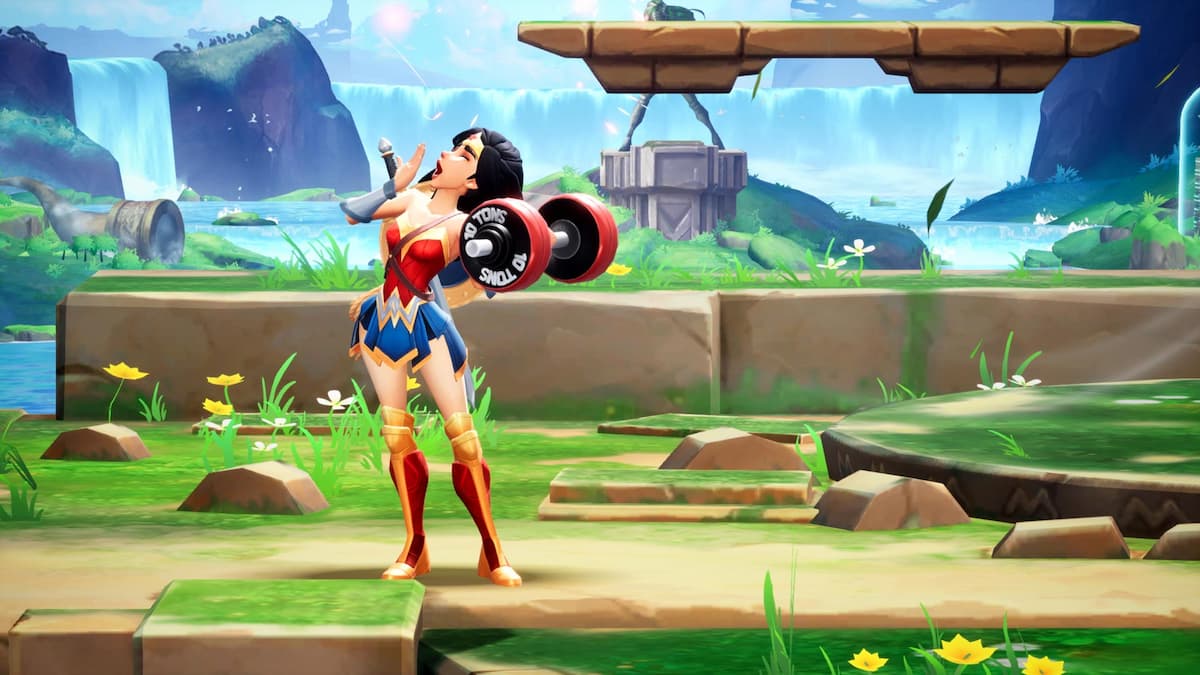

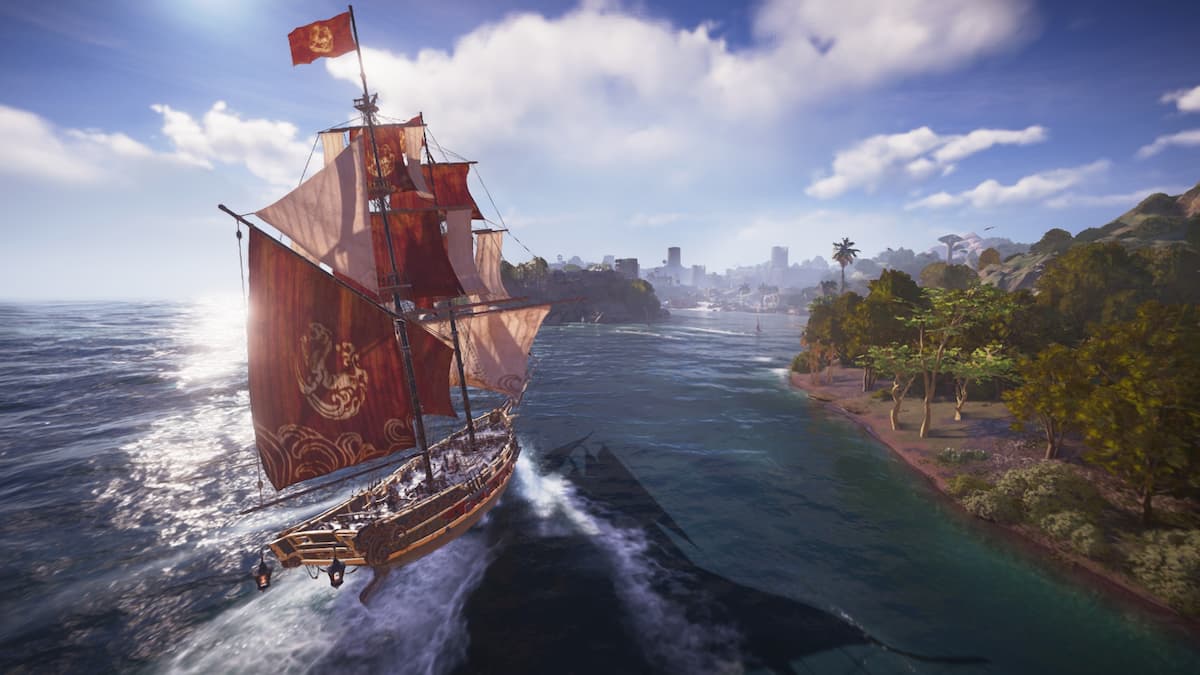
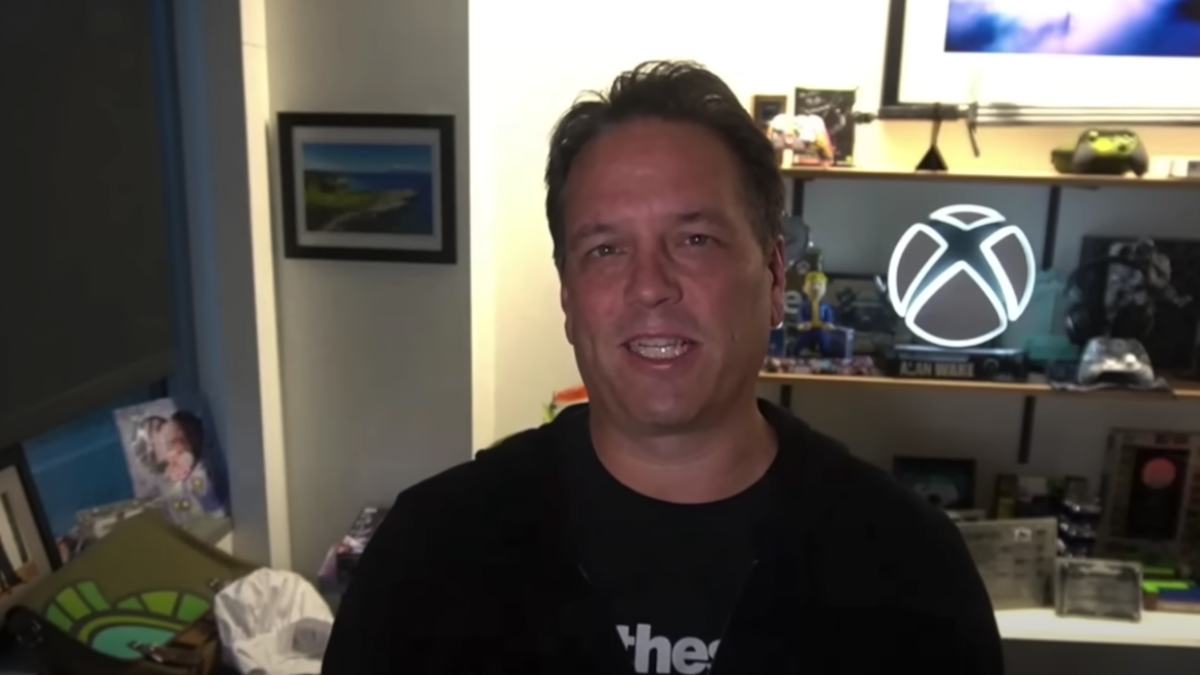
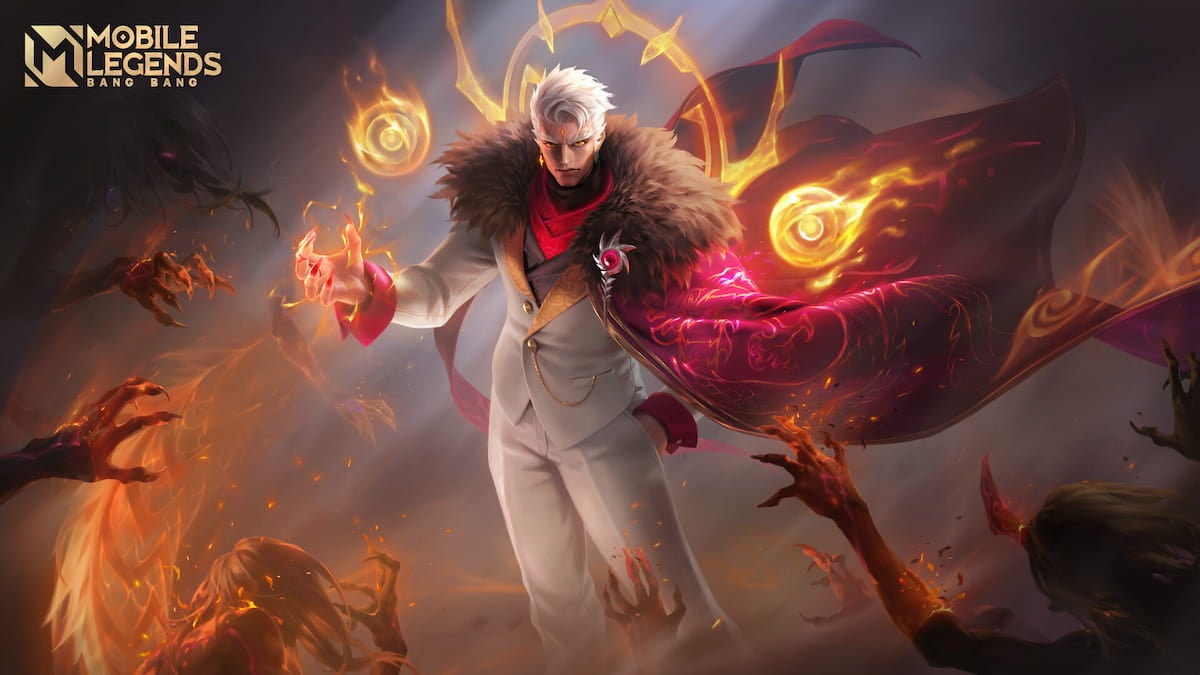
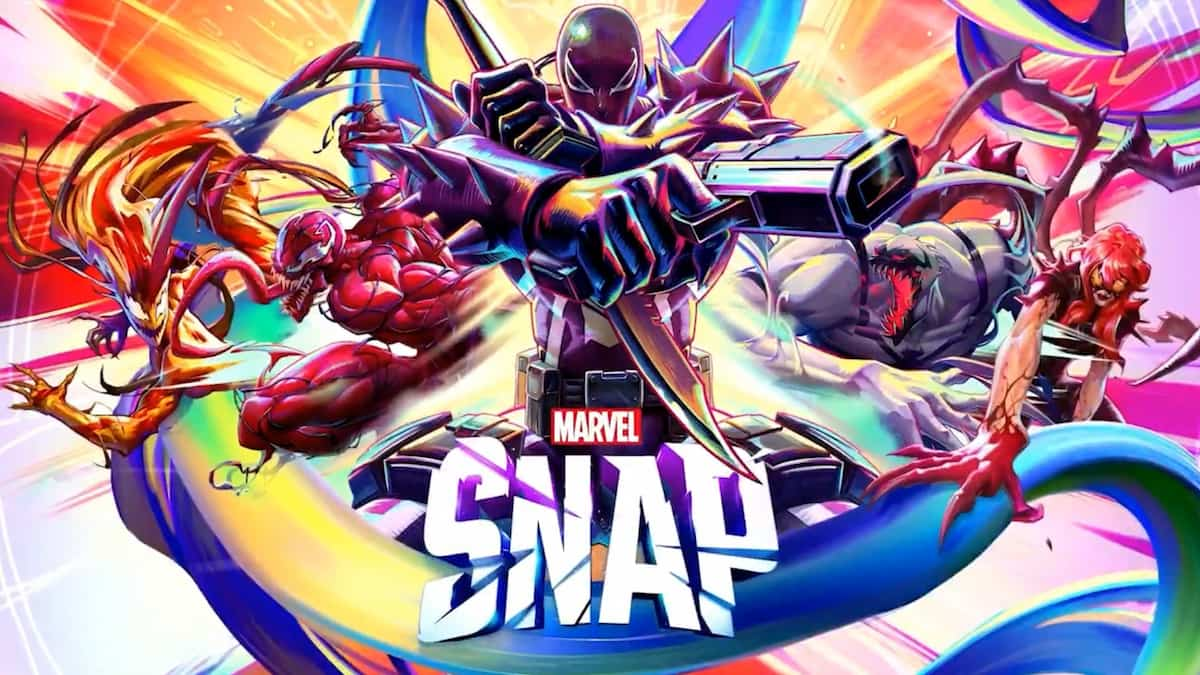
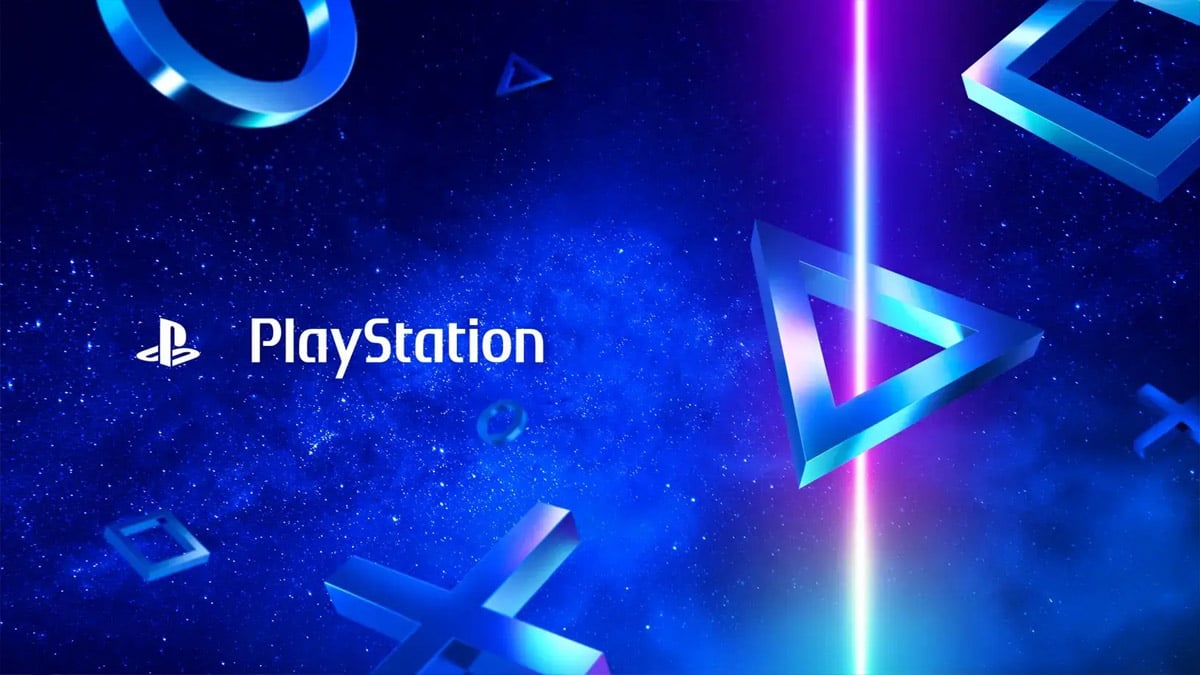
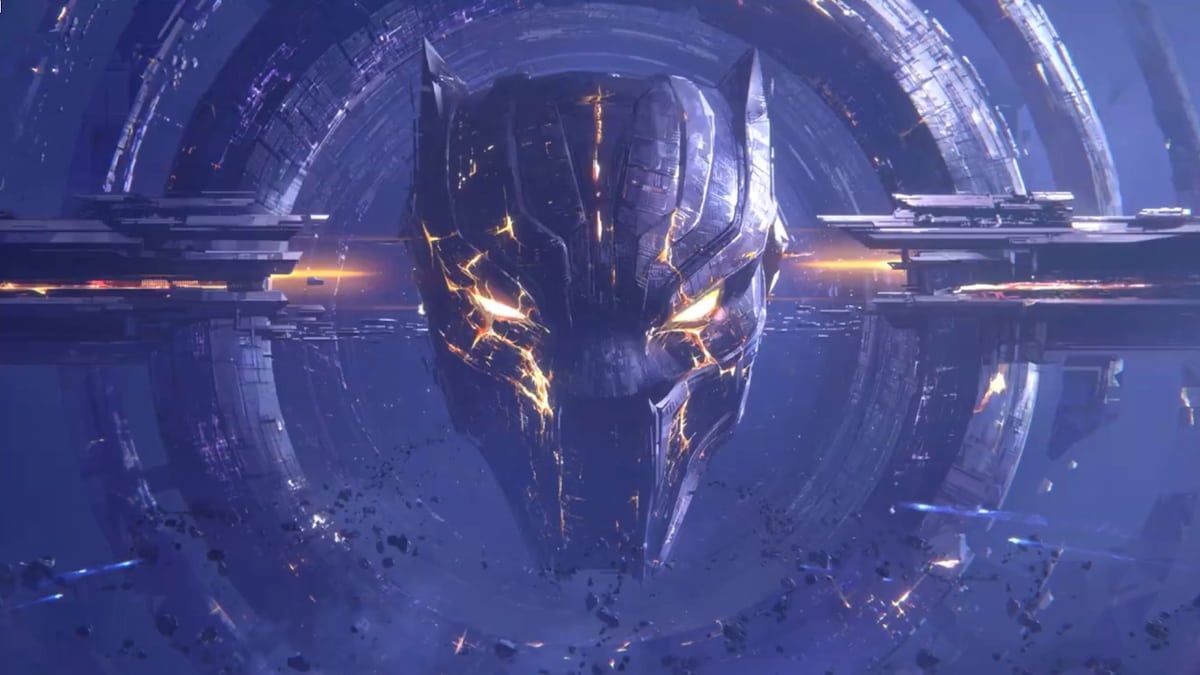


Published: Jul 7, 2021 01:40 pm